Alessandro Bessi
Non-negative Tensor Factorization for Human Behavioral Pattern Mining in Online Games
Feb 19, 2017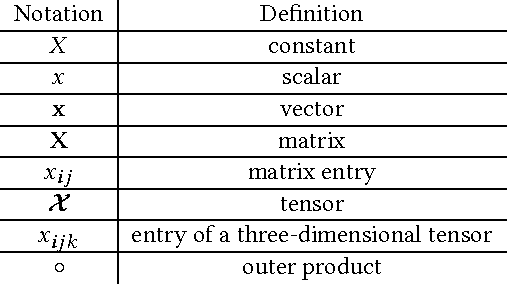
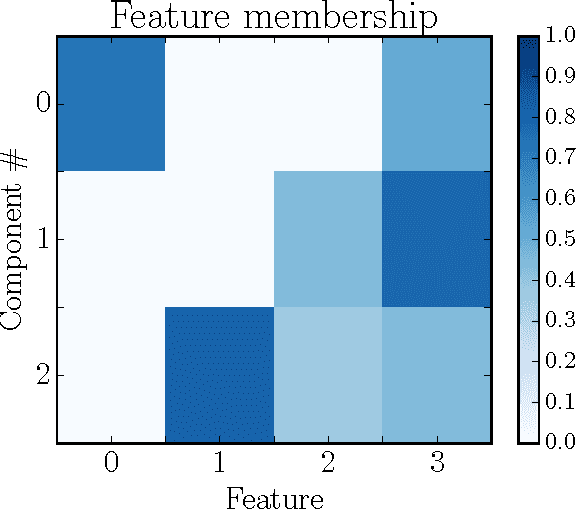

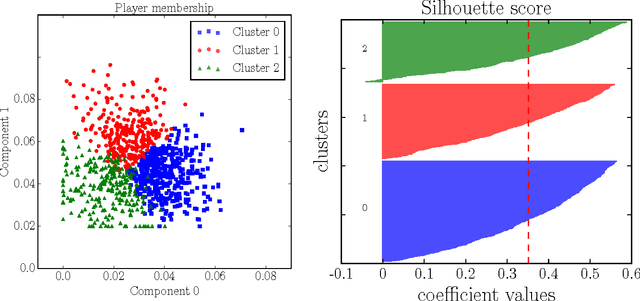
Abstract:Multiplayer online battle arena has become a popular game genre. It also received increasing attention from our research community because they provide a wealth of information about human interactions and behaviors. A major problem is extracting meaningful patterns of activity from this type of data, in a way that is also easy to interpret. Here, we propose to exploit tensor decomposition techniques, and in particular Non-negative Tensor Factorization, to discover hidden correlated behavioral patterns of play in a popular game: League of Legends. We first collect the entire gaming history of a group of about one thousand players, totaling roughly $100K$ matches. By applying our methodological framework, we then separate players into groups that exhibit similar features and playing strategies, as well as similar temporal trajectories, i.e., behavioral progressions over the course of their gaming history: this will allow us to investigate how players learn and improve their skills.
Towards the Modeling of Behavioral Trajectories of Users in Online Social Media
Dec 07, 2016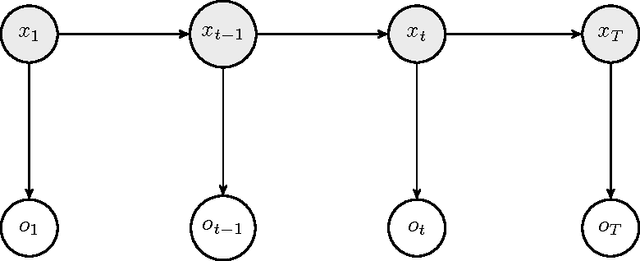
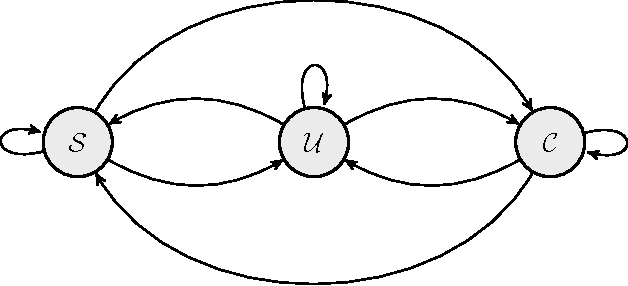
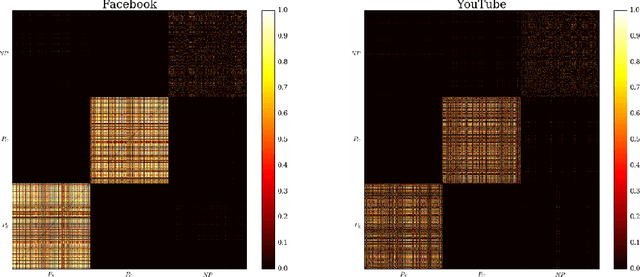
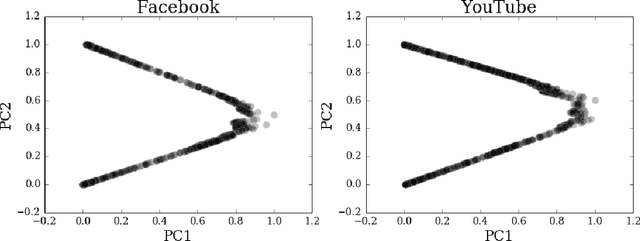
Abstract:In this paper, we introduce a methodology that allows to model behavioral trajectories of users in online social media. First, we illustrate how to leverage the probabilistic framework provided by Hidden Markov Models (HMMs) to represent users by embedding the temporal sequences of actions they performed online. We then derive a model-based distance between trained HMMs, and we use spectral clustering to find homogeneous clusters of users showing similar behavioral trajectories. To provide platform-agnostic results, we apply the proposed approach to two different online social media --- i.e. Facebook and YouTube. We conclude discussing merits and limitations of our approach as well as future and promising research directions.
Personality Traits and Echo Chambers on Facebook
Jun 15, 2016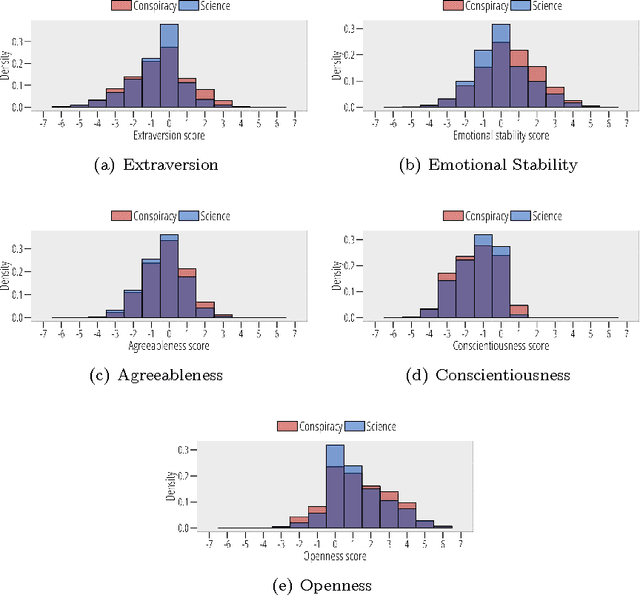
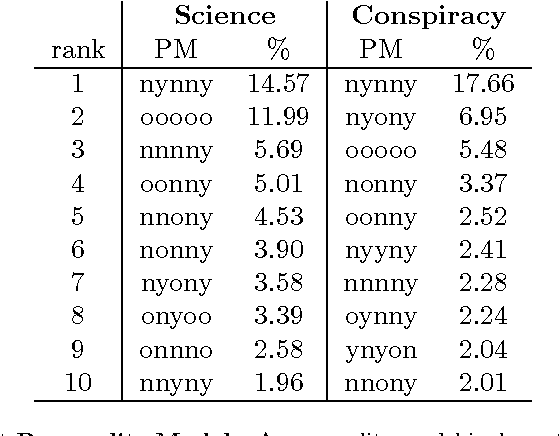


Abstract:In online social networks, users tend to select information that adhere to their system of beliefs and to form polarized groups of like minded people. Polarization as well as its effects on online social interactions have been extensively investigated. Still, the relation between group formation and personality traits remains unclear. A better understanding of the cognitive and psychological determinants of online social dynamics might help to design more efficient communication strategies and to challenge the digital misinformation threat. In this work, we focus on users commenting posts published by US Facebook pages supporting scientific and conspiracy-like narratives, and we classify the personality traits of those users according to their online behavior. We show that different and conflicting communities are populated by users showing similar psychological profiles, and that the dominant personality model is the same in both scientific and conspiracy echo chambers. Moreover, we observe that the permanence within echo chambers slightly shapes users' psychological profiles. Our results suggest that the presence of specific personality traits in individuals lead to their considerable involvement in supporting narratives inside virtual echo chambers.
 Add to Chrome
Add to Chrome Add to Firefox
Add to Firefox Add to Edge
Add to Edge